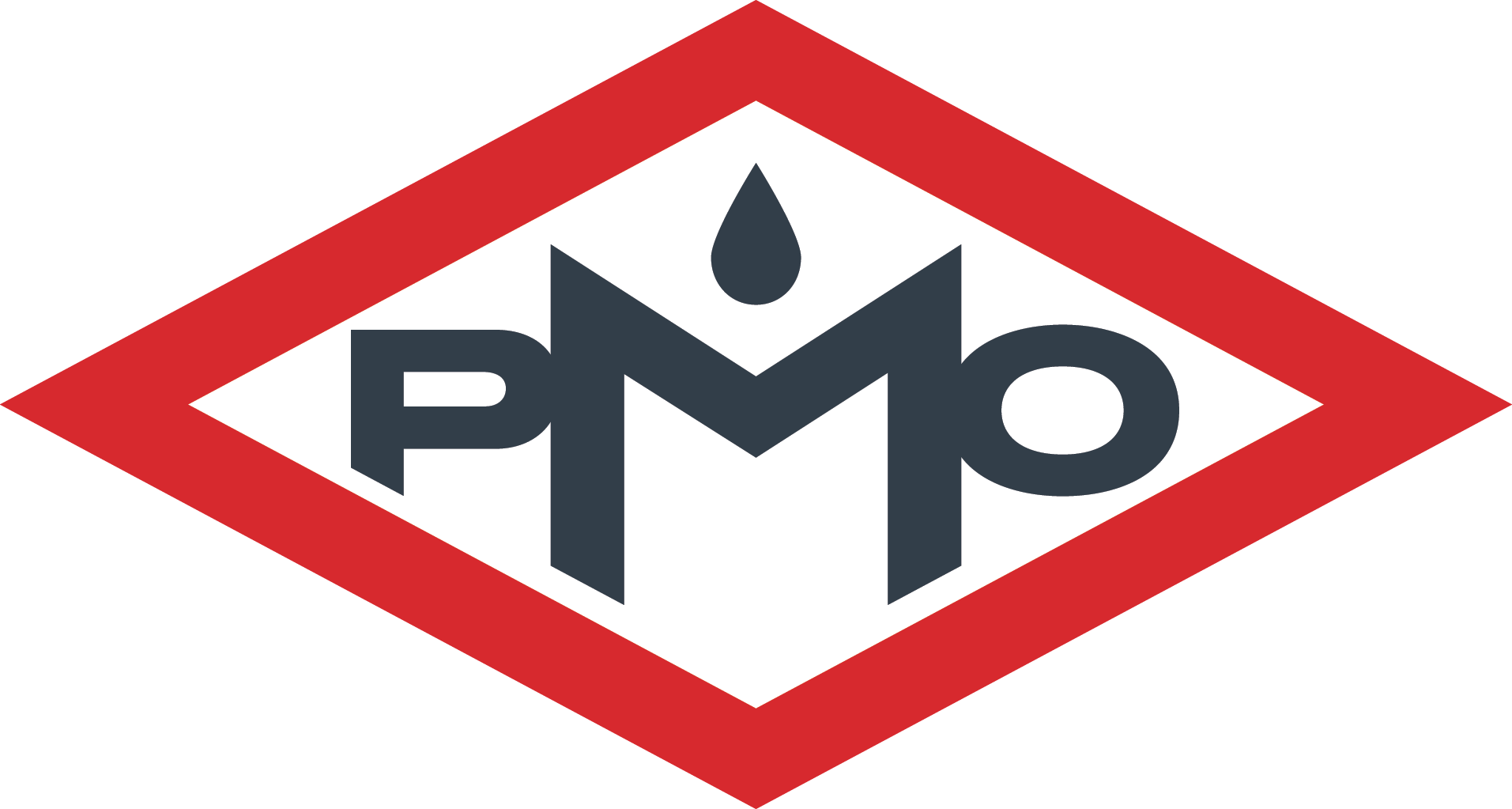Best Practices When Purchasing and Storing Diesel Exhaust Fluid

If your business relies on diesel-powered vehicles, such as semitrucks, tractors, or construction vehicles, you are probably already familiar with diesel exhaust fluid (DEF). When used correctly, this simple substance significantly reduces the harmful emissions produced by heavy-duty diesel engines and will prevent your vehicles from breaking stringent air pollution regulations.
Unlike engine gas recirculation and other emission reduction technologies, diesel exhaust fluid does not undermine engine performance. In fact, proper use of DEF can lead to small but significant improvements in fuel economy and horsepower production while also helping to reduce engine wear.
However, using contaminated or low-quality DEF can do more harm than good, so you should always take care when purchasing and storing DEF for your vehicles. If your fleet of diesel vehicles relies on diesel exhaust fluid to stay on the right side of the law, keep the following best practices in mind when purchasing and storing your DEF and supplies.
Best Practices When Purchasing Diesel Exhaust Fluid
Diesel exhaust fluid is a very simple substance, consisting of 32.5% urea and 67.5% purified, deionized water. This mixture creates a clear, non-flammable solution that is injected directly into the hot exhaust gases produced by a heavy diesel engine. This causes a chemical chain reaction that pulls harmful nitrous oxide emissions out of the exhaust gases.
For this chemical reaction to occur properly, the DEF injected into the exhaust must be pure and high-quality. Any contaminants present in the DEF can prevent these reactions from occurring, and may actually increase the harmful emissions produced by your engine.
With this in mind, you should always purchase your DEF from a trustworthy supplier who can vouch for the quality of their DEF. Any DEF you purchase should ideally be certified by the American Petroleum Institute, which regulates DEF purity and only grants licenses to suppliers who consistently meet their exacting standards.
While purchasing high-quality DEF is always important, purchasing enough DEF to keep your vehicle(s) constantly supplied is equally important. If you only run one or two vehicles that require DEF, you can purchase smaller amounts in jugs, barrels, or refillable totes. DEF has a shelf life of about two years, so purchasing more DEF than you expect to use in that period of time can be wasteful.
Purchasing DEF in bulk is usually the cheapest option for businesses that run a fleet of semitrucks or heavy commercial vehicles. Many DEF suppliers also sell fuels and lubricants and have tankers that can fill your on-site storage tanks with DEF. This option is much more convenient if you need bulk quantities of DEF delivered to remote servicing or assembly areas.
Best Practices When Storing Diesel Exhaust Fluid
Since diesel exhaust fluid is so vulnerable to contamination, it must be stored in sealed containers. If you purchase DEF in jugs or totes, it can safely remain in these containers as long as they are fully resealed between uses. DEF sold in bulk, or in non-resealable barrels, should be decanted into a separate, sealable tank or container.
However, you must not store DEF in tanks or containers made from concrete or unlined steel. DEF is highly corrosive when it comes into contact with concrete and ferrous metals. DEF storage containers should be made from aluminum, polypropylene, or high-density polyethylene.
It is also important to keep your DEF supplies as close to room temperature as possible. At 86°F or above, the urea in the DEF will start to break down and reduce the effectiveness of the DEF. This can obviously be challenging for Florida-based businesses, so you should ideally store your DEF in a subterranean tank or a climate-controlled storage room.
These guidelines will help you get the best deal when purchasing diesel exhaust fuel, and make sure that your DEF supplies aren't wasted due to contamination or improper storage. If you need any more advice on how to safely and effectively use diesel exhaust fuel with your commercial vehicles, contact the experts at Paul Murray Oil, Inc.
